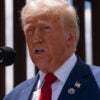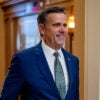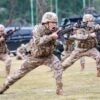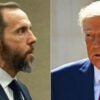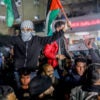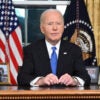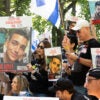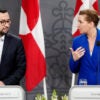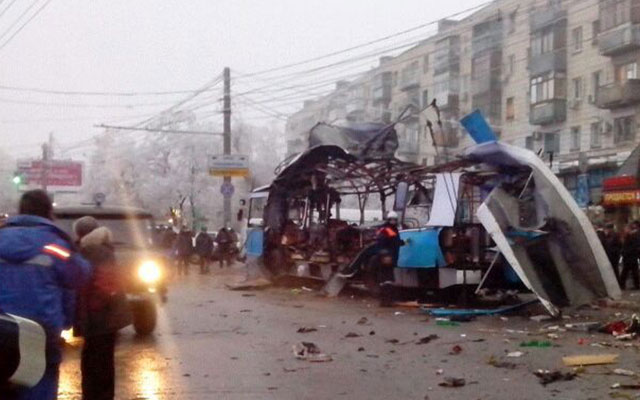Russia’s holiday cheer was shattered by brutal suicide bombings on December 29 and 30 in the city of Volgograd that killed at least 31 people. Many experts believe that the bombings, which come just weeks before the opening of the Winter Olympics in Sochi, are an attempt by North Caucasus Islamist insurgents to deter tourists and foreign leaders from attending the games.
Another explanation for the attacks, which is not necessarily mutually exclusive, is that they were payback by Sunni radicals for Russia’s support of Syrian dictator Bashar al-Assad. Last summer, Yusuf al-Qaradawi, the spiritual guide of the Muslim Brotherhood, named Russia the number one enemy of Sunni Islam.
The Daily Signal depends on the support of readers like you. Donate now
The attacks come as a personal blow to President Vladimir Putin, who has staked his reputation and spent $50 billion on the Olympics.
The two wars waged in the North Caucasus, one by Russia against Chechen secessionists (1994–1996) and the other by radical Islamists with ties to global terrorist networks, including al-Qaeda (1999–2000), have turned the region into a barely governable hothouse of militant Salafi-inspired mayhem.
Terrorism has swiftly become the primary tactic of North Caucasus-based Islamist groups. While no one took responsibility for the Volgograd attack, the suspects include the radical North Caucasus groups Jamaat Shariat (The Dagestani Front of the Caucasus Emirate’s Armed Forces), Yarmuk Jamaat (The Armed Forces of the United Vilayat [Province] of Kabarda-Balkaria-Karachai), Ingush Jamaat, and Riyyadus Salihin headed by Amir Khamzat. The most prominent is Doku Umarov’s Caucasus Emirate, established in 2007 and declared a terrorist organization by the U.S. State Department on May 26, 2011.
The goals of these groups include:
- Discouraging Russian authorities to fight the terrorists, who have a “long-war” strategy to bog down their adversaries with attacks on military and civilian targets;
- Spreading Islamist ideology “by example” and recruiting North Caucasus youth for the “holy war” against Russia as well as for global “jihad”; and
- Fighting to create the “Caucasus emirate” (Imarat Kavkaz). The latter is a self-proclaimed state entity that would stretch over the entire North Caucasus. Its main goal is to secede from Russia and form an independent state, ruled by the Sharia law.
Meanwhile, the security of the Sochi Olympics is in jeopardy, and the region’s inter-religious and inter-ethnic conflict is shattering the fragile civic peace in Russia. Russian nationalism and Christian Orthodox fundamentalism are on the rise, in some cases supported by the state or some of its elements, and in others as a spontaneous reaction to growing Salafi/Wahhabi violence.
Instead of integrating Muslims into Russian culture and trying to boost tolerance and acceptance of Muslims among ethnic Russians, Moscow has kept pushing Muslims away—right into the hands of terrorist recruiters.
The Kremlin has delegated responsibility for solving the problem to corrupt and authoritarian leaders like Chechen President Ramzan Kadyrov, who have failed to stem the rise of violent Islamism.
Moscow-run security services appear to execute poor intelligence work against terrorist networks and tolerate sloppy security procedures. There is rampant corruption among Russia’s secret police (FSB) and law enforcement, which provide “protection” for businesses in exchange for under-the-table payments. This is a recipe for ongoing security disasters such as those in Volgograd.
Moscow would be better off ending its anti-Western propaganda and rebuilding security cooperation with countries that are more successful than it in fighting terrorist networks.





